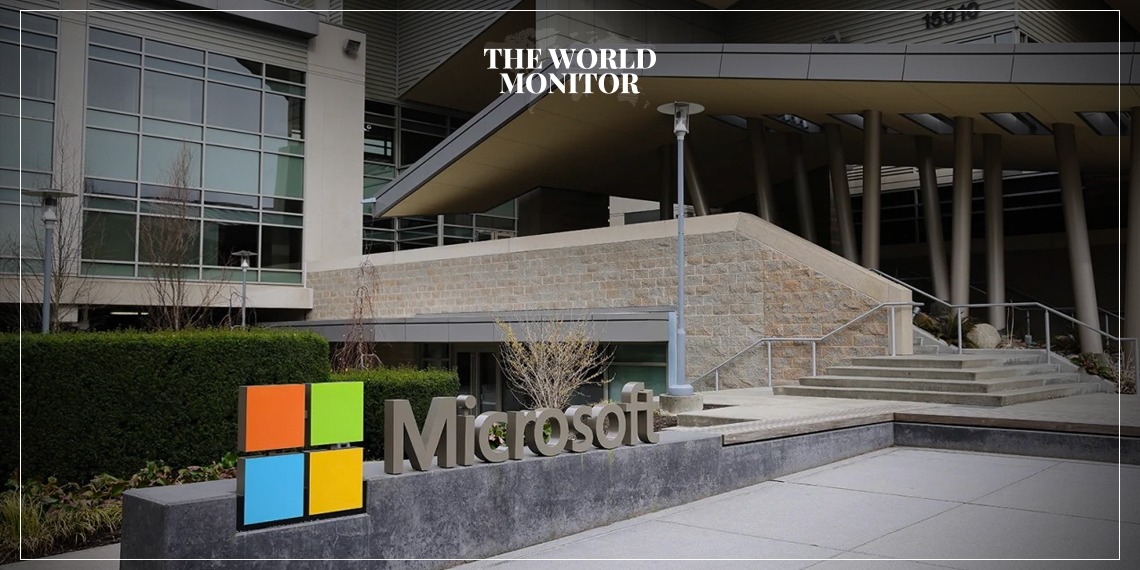Microsoft reported that the recent Chinese hack targeting top US officials originated from a breach of the company’s engineer’s corporate account.
This account breach was orchestrated by a hacking collective named Storm-0558, believed to be responsible for intercepting numerous emails from high-ranking U.S. figures.
The entities are Commerce Secretary Gina Raimondo, U.S. Ambassador to China Nicholas Burns, and Assistant Secretary of State for East Asia Daniel Kritenbrink.
The article provided clarity on the breach and raised concerns about Microsoft’s security measures, prompting further inquiries into the company’s protocols.
The hackers managed to obtain a cryptographic key from the engineer’s account, granting them unauthorized access to several email accounts.
Microsoft has since addressed and rectified the vulnerabilities that allowed such extensive unauthorized access.
A Microsoft representative said the engineer’s account had been hit using “token-stealing malware” but did not provide further detail about the incident or its timing.
Meanwhile, the Chinese Embassy in Washington did not immediately return an email.
Beijing previously described the allegation that it stole emails from top U.S. officials as “groundless narratives.”
Last July, the European Commission announced opening a formal antitrust investigation against Microsoft over bundling its Teams software with its Office productivity suite.
Slack originally filed an anti-competitive complaint against Microsoft with the European Commission in July 2020, just months after a global pandemic began and Microsoft Teams user base started to grow rapidly.
Meanwhile, the European Commission will carry out an in-depth investigation into whether Microsoft may have breached EU competition rules by tying or bundling Microsoft Teams to its Office 365 and Microsoft 365 productivity suites.
“Remote communication and collaboration tools like Teams have become indispensable for many businesses in Europe,” explains Margrethe Vestager, executive vice president in charge of competition policy.






